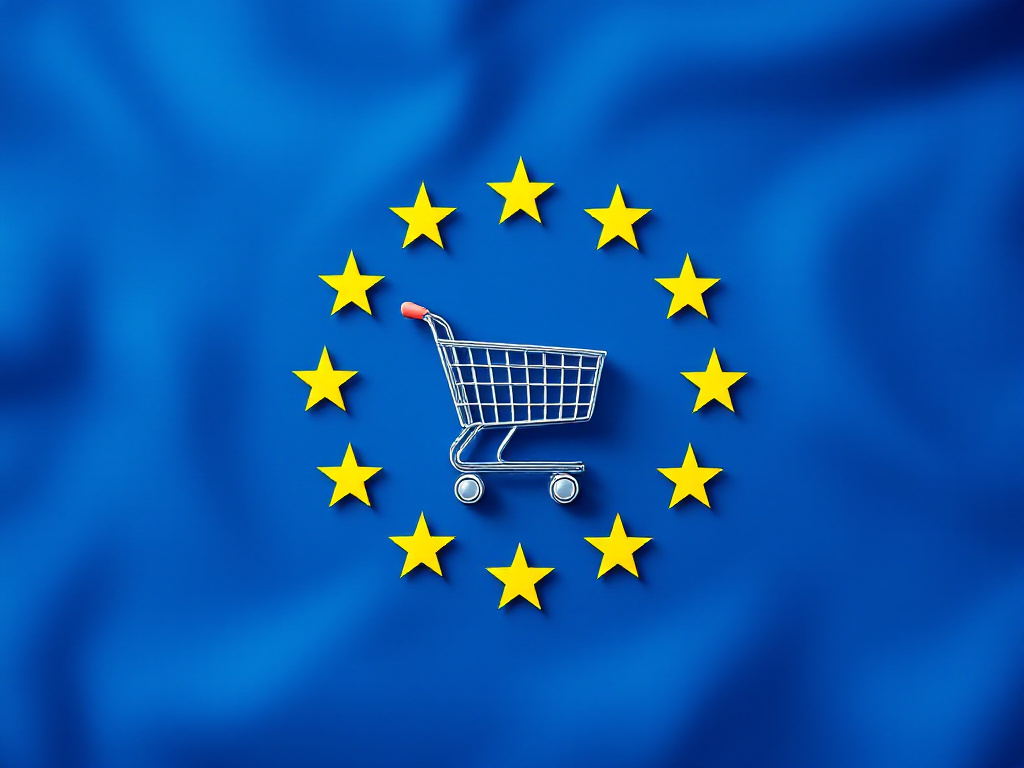- cross-posted to:
- [email protected]
- [email protected]
- cross-posted to:
- [email protected]
- [email protected]
cross-posted from: https://lemmy.sdf.org/post/42296309
Schleswig-Holstein only has about 3 million inhabitants, and is far from the richest part of Germany, but for the past several years it’s been following an ambitious strategy to wean itself off Big Tech’s software.
This means switching the workplaces of 30,000 civil servants – a headcount roughly comparable to the European Commission – from Microsoft Office software to open alternatives.
In an interview with Euractiv, digital minister Dirk Schrödter said his state is well on the way to achieving this goal. After getting started last March, Schleswig-Holstein is set to reduce the number of Office licences needed for administration by more than two-thirds by the end of this month, he told us.
[…]
The administration will still need a few Office licences to communicate with other regions and Germany’s federal tax administration, according to Schrödter. But the goal is to be able to get rid of all but a very few Microsoft Office licences by 2029.
Instead of sticking with Word and Powerpoint, the state’s civil servants are migrating to LibreOffice. Emails will go through Open Xchange and Thunderbird, rather than Microsoft’s Outlook, and documents will be edited collaboratively via Nextcloud, not Sharepoint.
The migration goes beyond desktop programmes, too. Schleswig-Holstein is running a Linux pilot to replace Windows itself. Currently around 150 people are testing the new operating system, including the digital minister.
[…]
A major focus for the shift is on making the change seamless. “It’s supposed to change as little as possible,” Schrödter said.
Civil servants will have to get used to new desktop icons and tools that are designed slightly differently, but – in theory – the alternatives should be just as comfortable to use.
But like every tech migration, this one is not going off without some pain. Just last week, an association of judges called for a return to Outlook, saying that outages were plaguing civil servants’ new email clients.
While the alternative software that Schleswig-Holstein is adopting is openly available, a lot of work needs to be done to integrate it with the needs of public administration. The region is mostly handing this work to existing contractors, just with new provisions for supporting open document formats.
[…]



Glad they are piloting the setup. I hope other states follow that good example and gain back sovereignty.